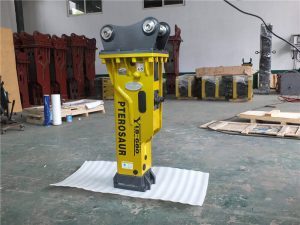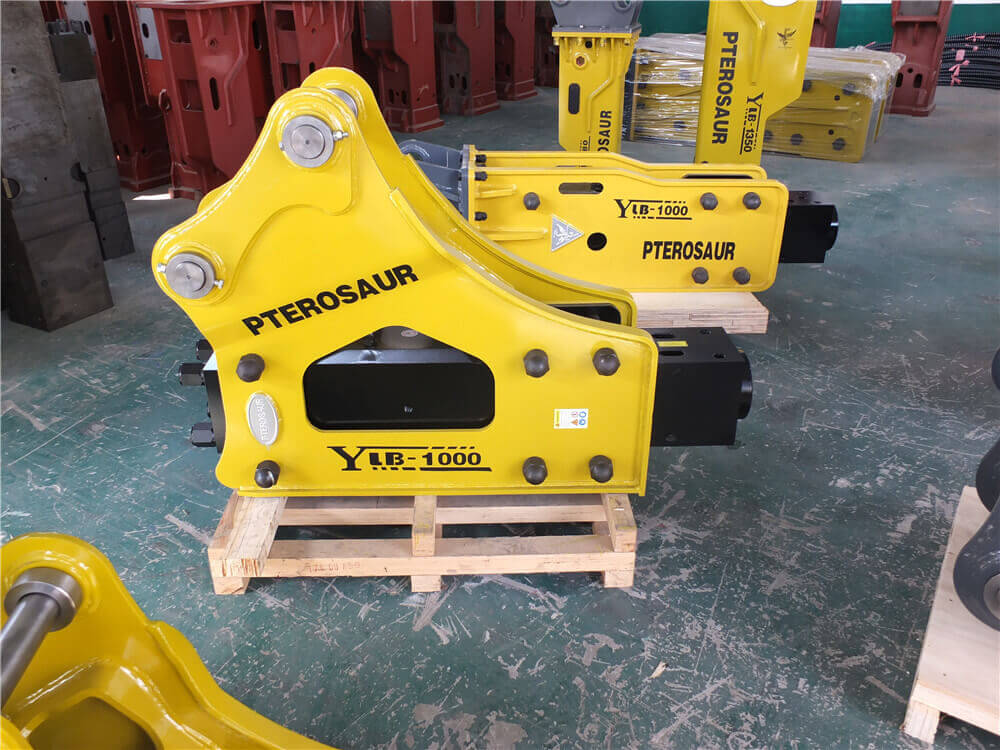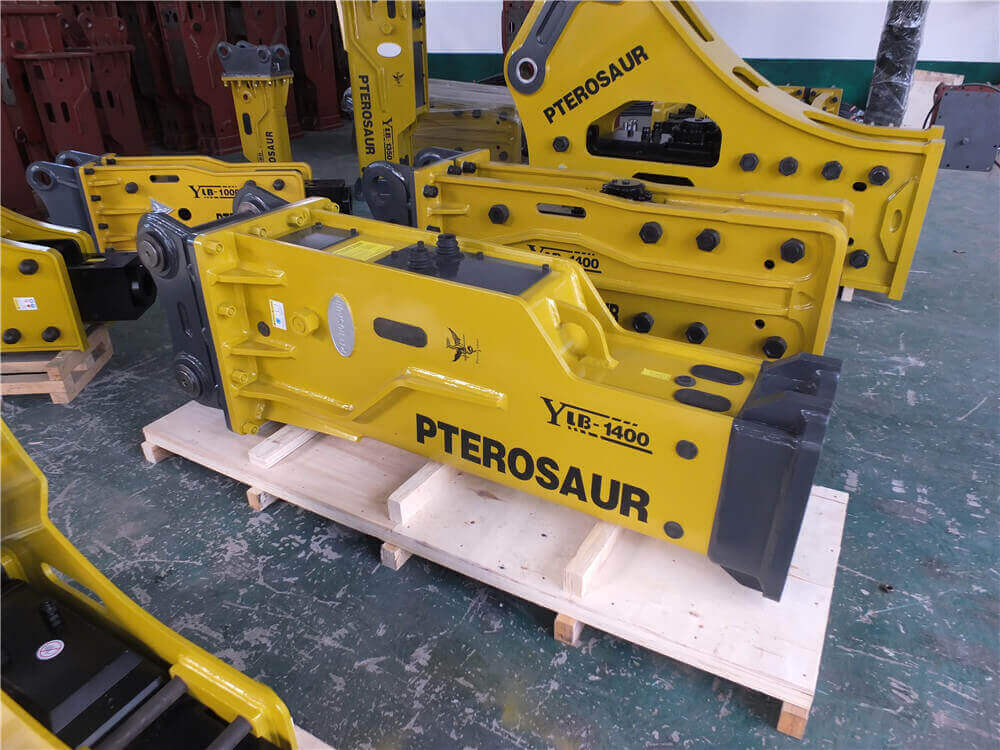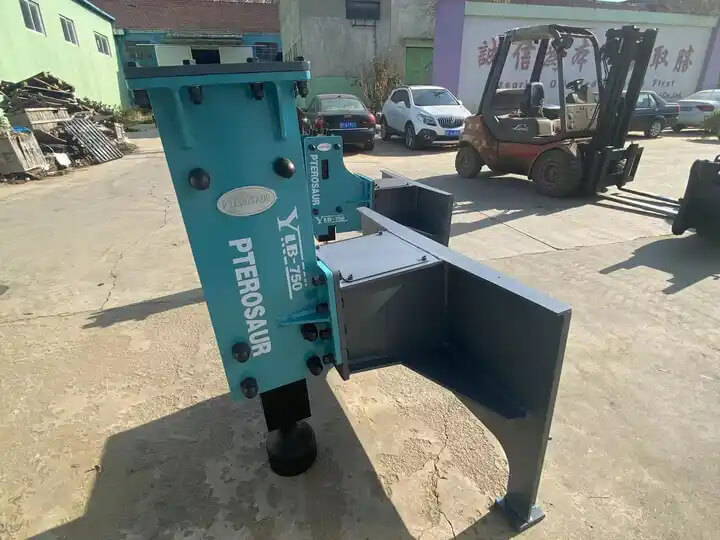The Essential Guide to Hydraulic Breakers and Jack Hammers for Excavators
Hydraulic breakers and jack hammers are pivotal tools in the construction and demolition industries, offering unmatched power and efficiency. This article will explore the significance of these attachments for excavators, their applications, and what to consider when selecting the right tool for your needs.
Understanding Hydraulic Breakers and Jack Hammers
Hydraulic breakers, commonly referred to as jack hammers, are specialized attachments that enhance the capabilities of excavators. Designed to deliver powerful impact forces, these devices are instrumental in breaking up concrete, asphalt, and rock. Their robust construction allows them to handle various materials, making them indispensable for demolition work, road construction, and site preparation.
Historically, the first serial manufactured rock breaker, the Krupp HM 400, was introduced in 1967, establishing the foundation for modern hydraulic breakers. Over time, advancements in technology have led to more efficient and versatile models, such as those offered by Epiroc and other manufacturers.
Key Benefits of Using Hydraulic Breakers
-
High Efficiency and Performance: Hydraulic breakers deliver significant impact energy, allowing for rapid demolition and material removal. This efficiency translates into reduced labor costs and faster project completion times.
-
Low Noise and Vibration: Many modern jack hammers are designed to operate with minimal noise and vibration, making them suitable for urban environments where noise restrictions may apply.
-
Versatility: These attachments can be mounted on various excavators, from mini models to larger heavy-duty machines. Their adaptability makes them suitable for a wide range of applications, including roadworks, demolition, and even agricultural tasks.
-
Ease of Use: Installing a hydraulic breaker is straightforward, with many models featuring universal mounting plates that fit most excavators and skid steers. This ease of installation allows operators to switch attachments quickly, increasing overall productivity.
Choosing the Right Hydraulic Breaker for Your Excavator
When selecting a hydraulic breaker or jack hammer for your excavator, several factors should be considered:
-
Excavator Compatibility: Ensure that the hydraulic output of your excavator matches the specifications of the jack hammer. This compatibility is crucial for optimal performance.
-
Size and Weight: The size and weight of the breaker should correspond to your excavator’s capacity. A unit that is too heavy can cause damage to the excavator or lead to inefficient operation.
-
Type of Work: Different jobs may require different types of breakers. For instance, a larger breaker might be necessary for heavy demolition, while a smaller model could suffice for light work or road maintenance.
-
Accessories and Spare Parts: Consider the availability of accessories such as breaker bits, which can enhance the functionality of your hydraulic breaker. Brands like Bobcat and CASE offer a variety of options tailored to specific applications.
Conclusion
Hydraulic breakers and jack hammers are essential attachments for excavators, providing the power and versatility needed for demanding tasks in construction and demolition. By understanding their benefits and carefully selecting the right model for your specific needs, you can enhance your operational efficiency and tackle projects with confidence. Whether you’re a contractor looking to expand your fleet or a DIY enthusiast embarking on a home renovation, investing in a high-quality hydraulic breaker will prove invaluable.



































